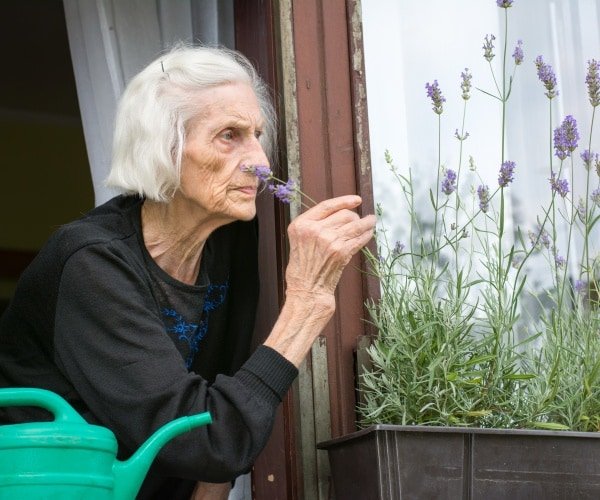A groundbreaking study by neuroscientists at the University of Pittsburgh has found that smelling familiar scents can improve the mood of people suffering from depression. The study found that scents are more effective than words at evoking memories of specific events, and could also be used in clinical settings to help people with depression break out of negative thought cycles. It was shown. This allows for the rewiring of thought patterns and promotes faster and smoother healing.
People with depression often have problems with autobiographical memory, focusing only on negative events or interpreting them negatively. However, memories triggered by scents tend to be more vivid and effective at recalling positive events that can interrupt negative thought patterns.
“Improving memory could improve problem solving, emotional regulation, and other functional problems commonly experienced by people with depression,” said study author Kimberly Young, associate professor of psychiatry at the University of Pittsburgh. .
According to MSN, the scent of lavender has been used to calm patients during cancer treatment. “Lavender has analgesic properties, so it can help reduce pain. It’s also been shown to have anti-anxiety properties, so it can help us feel less anxious,” says the UK-based study. says James Goodwin, director of scientific research impact at Brain Health Network and author of “Supercharge Your Brain.”
According to the Johns Hopkins University School of Medicine, aromatherapy, which uses essential oils for therapeutic effects, has been used for centuries. When inhaled, the aroma molecules of Essential Her Oil travel directly to the brain through the olfactory nerves, specifically affecting the brain’s emotional center, the amygdala.
One of the most interesting developments in clinical aromatherapy is the use of aromatherapy for patients with dementia. There is evidence that lavender oil reduces aggressive behavior in people with dementia. Goodwin added that ginger can help reduce the buildup of amyloid plaques in the brain, and coriander, like lavender, can help reduce agitation in these patients. Rosemary improves concentration. Sweet orange, sandalwood, rose, and bergamot can also help relieve anxiety, he says.
“Peppermint enhances acetylcholine, a transmitter that plays a role in memory, learning, and attention,” says Goodwin. Experts advise families of people with dementia to use essential oils when massaging their hands and feet, taking baths, and using diffusers.
Interestingly, loss of smell is a hallmark of a type of Alzheimer’s disease, Goodwin says.
“The loss of the sense of smell, a neurophysiological process, reflects neurodegeneration in the brain,” he explains. Learn more about the healing power of scent here.

